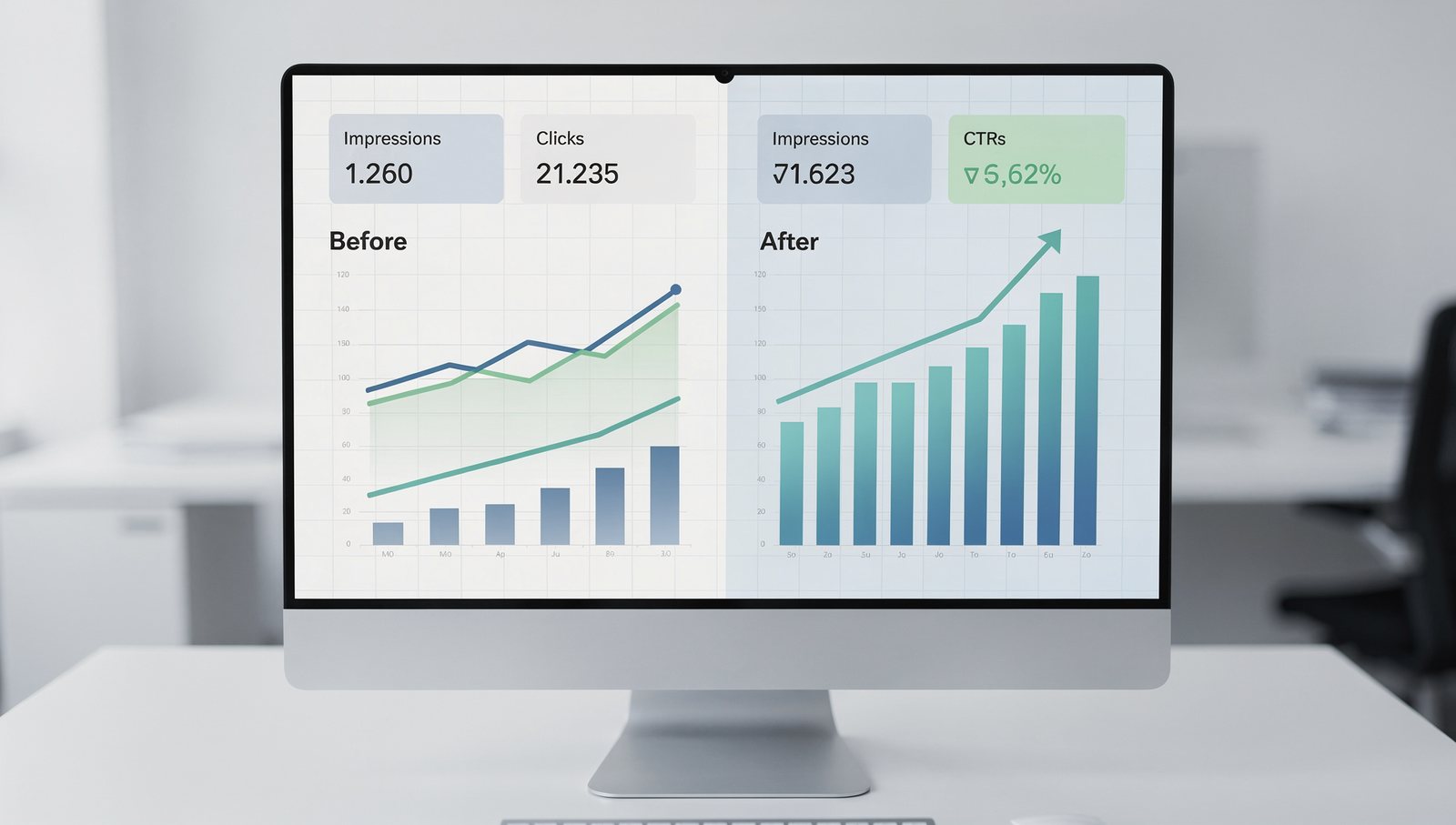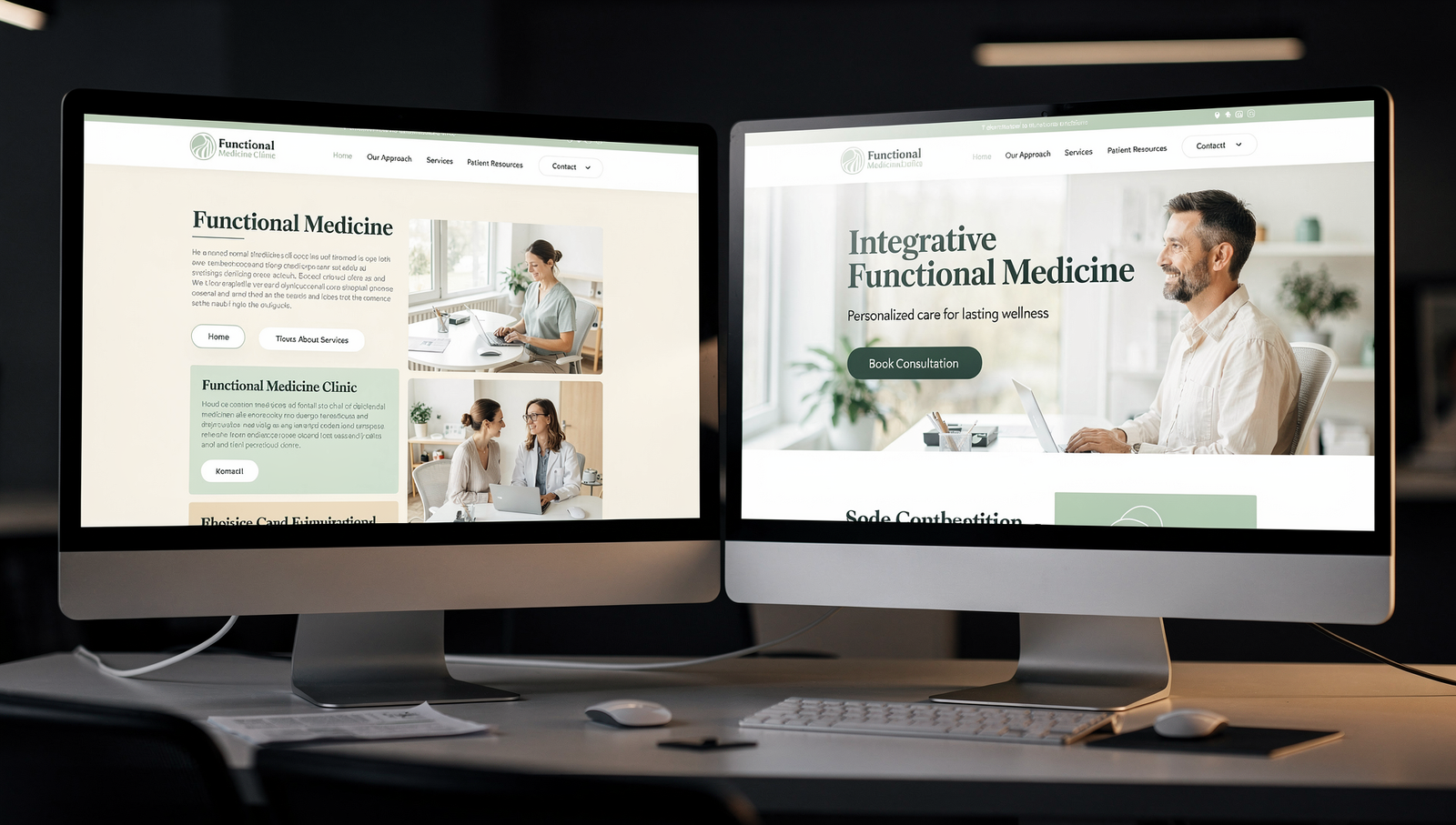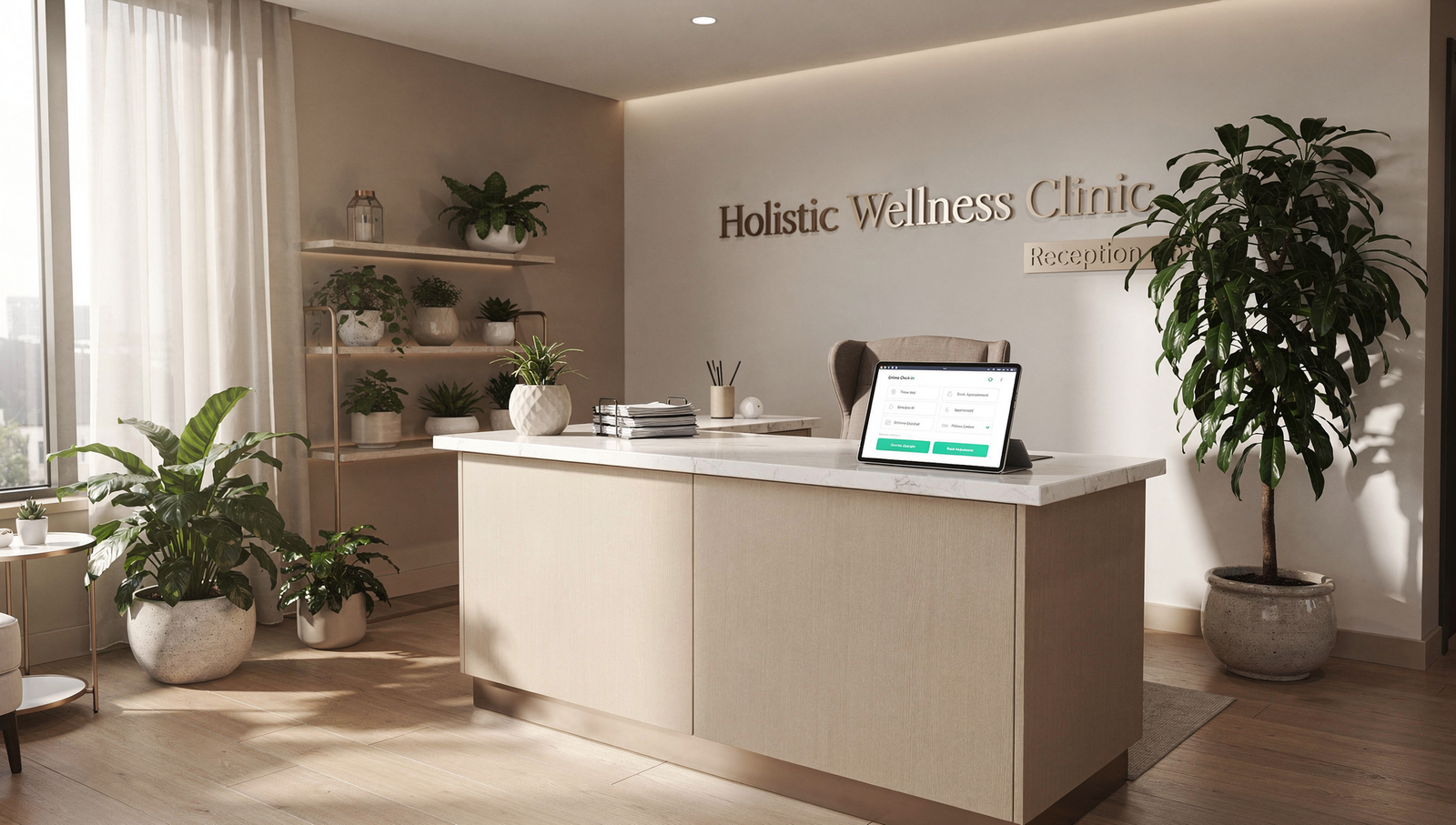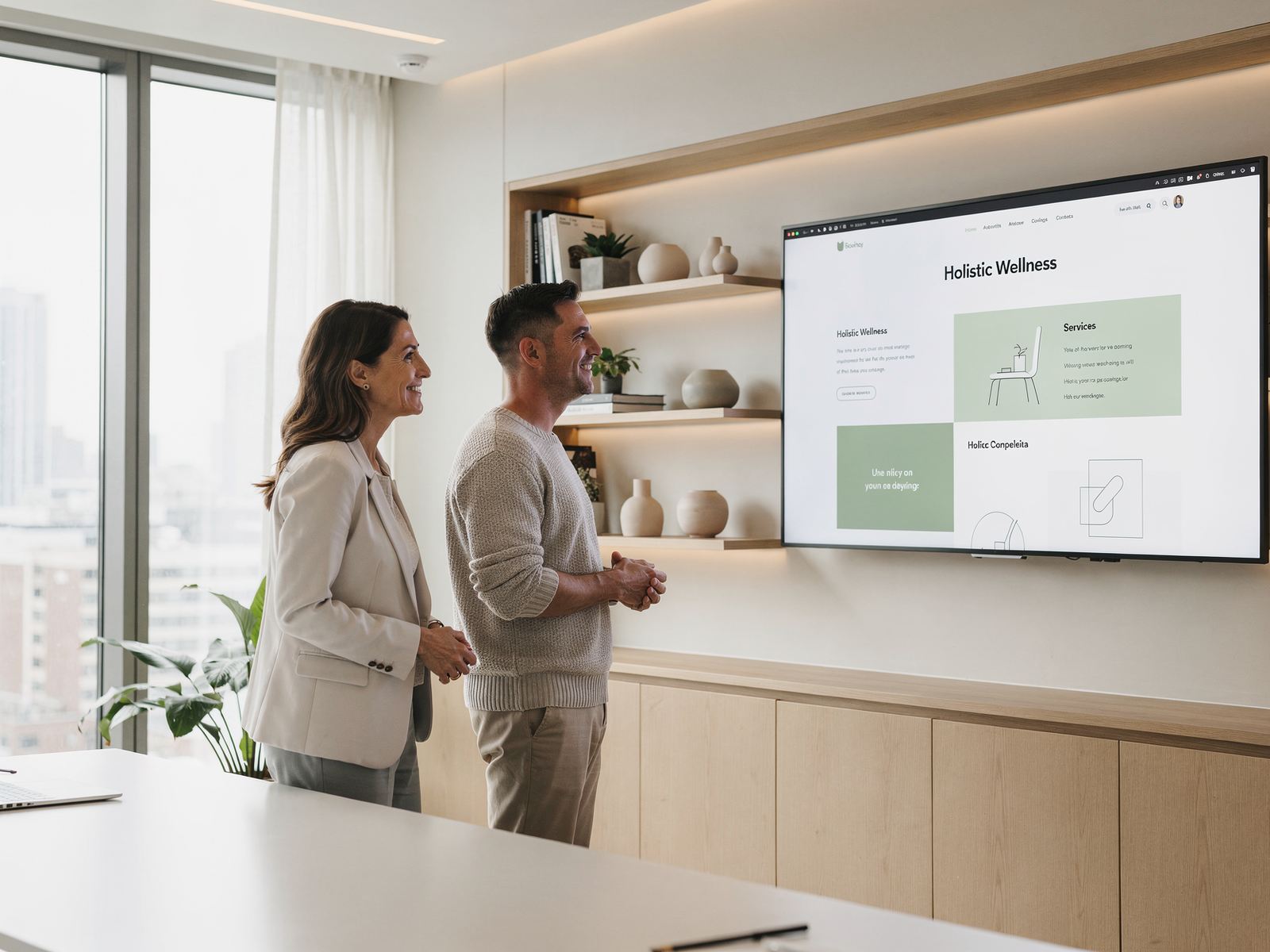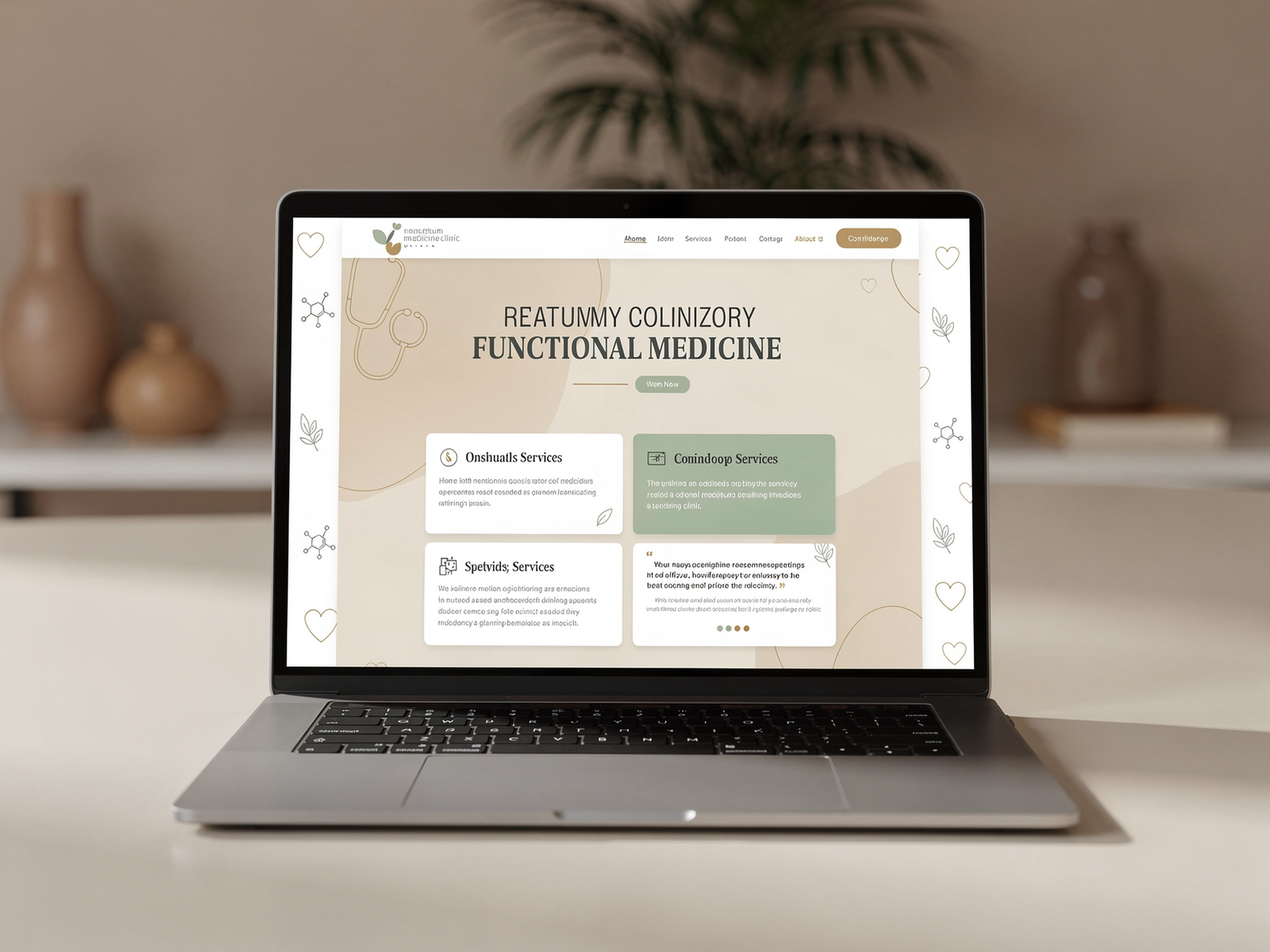Google Ads vs Facebook Ads Small Business Showdown
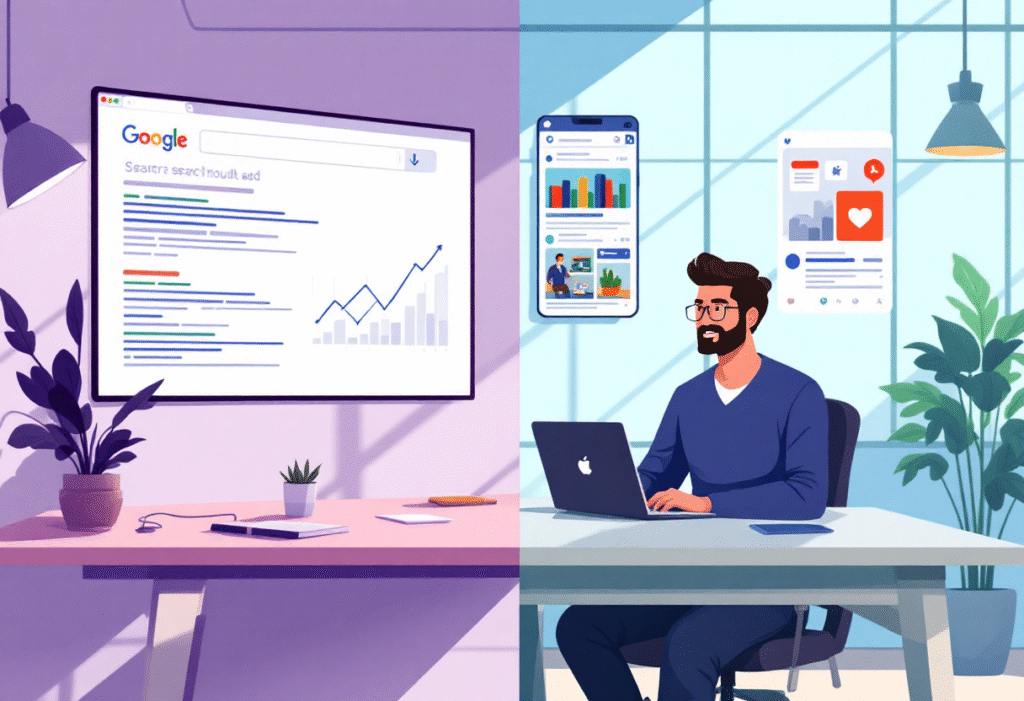
If you are weighing google ads vs facebook ads small business results, you are already ahead of most owners. Both platforms can work, but they shine in different ways depending on your goal, budget, and timeline. This guide breaks down the key differences with plain language and practical examples so you can pick the right mix for your next campaign.
Want a website that makes you money? Book a strategy call with Digital Dream Homes now.
Google Ads vs Facebook Ads Small Business: The Quick Answer
Use Google Ads when you want buyers who are actively searching for your product or service right now. Use Facebook Ads when you want to build demand, stay top of mind, and reach people who match your ideal customer even if they are not searching today. The best choice is often a hybrid plan that captures ready buyers on Google while warming new audiences on Facebook.
How Google Ads Works in Real Life
Google Ads captures high-intent searches. Someone types “emergency plumber near me” or “best gluten free bakery in Phoenix” and your ad appears above the results.
Great for
Lead generation now
Local services with urgent needs
Niche products with clear keywords
Example: A boutique landscaping company targets “front yard design ideas” and “landscaper near me.” Visitors land on a clean service page with a quote form. Because searchers want help today, form fills come fast.
Why it converts: People show intent with their keywords. You pay for clicks that already signal interest.
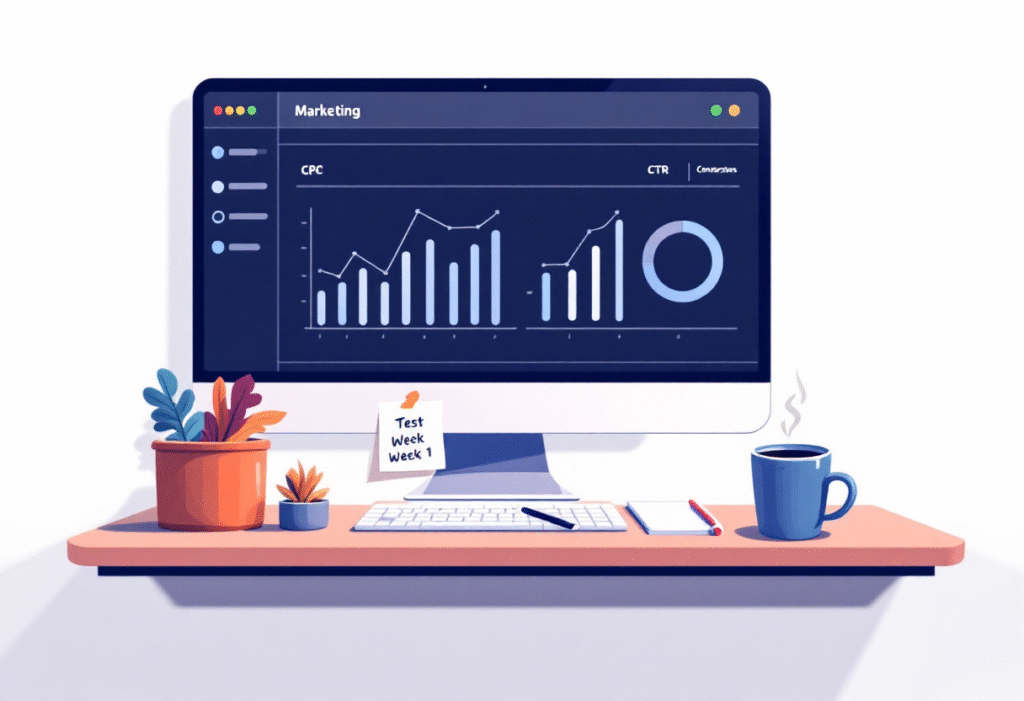
Want a Free Website Audit?
Fill out your information below and we will send you a personal screen share video of tips on how to make your actual website better!
How Facebook Ads Works in Real Life
Facebook and Instagram Ads target people by interests, behaviors, and lookalikes. You are not waiting for a search. You are putting the right message in front of the right person in the right feed.
Great for
Building awareness and trust
Promoting offers like coupons, lead magnets, or events
Visual brands that benefit from photo and video
Example: A new fitness studio runs a 14-day trial ad to women ages 25–55 within five miles who follow wellness pages. The ad uses a video tour and a simple sign-up form. People who never searched for a gym discover the studio and try it.
Why it converts: You create demand with creative, social proof, and offers, then retarget people who engage.
Cost, Speed, and ROI
Results vary by industry and city, but these patterns hold for many small businesses.
Google Ads
Cost per click is often higher for competitive keywords
Speed to lead is fast because clicks have intent
Conversion rates can be strong when landing pages match the keyword
Facebook Ads
Cost per 1,000 impressions is often lower
Clicks can be cheaper, but intent is lower
Retargeting lifts performance over time as your audience warms up
Tip for both: A clear offer and a fast, mobile-friendly page are make-or-break. If you need a refresher on timelines for organic visibility, read How Long To Rank A Small Business Website On Google.
Targeting and Creative Differences
Google Ads
Targets keywords, location, device, and schedule
Works best with tight ad groups and specific landing pages
Ad copy should mirror the exact search phrase
Facebook Ads
Targets interests, demographics, custom audiences, and lookalikes
Creative wins or loses the campaign
Use short videos, before and after photos, and social proof
Need ideas for short-form content that drives clicks from social to site? Check Instagram Reels Ideas for Small Business.
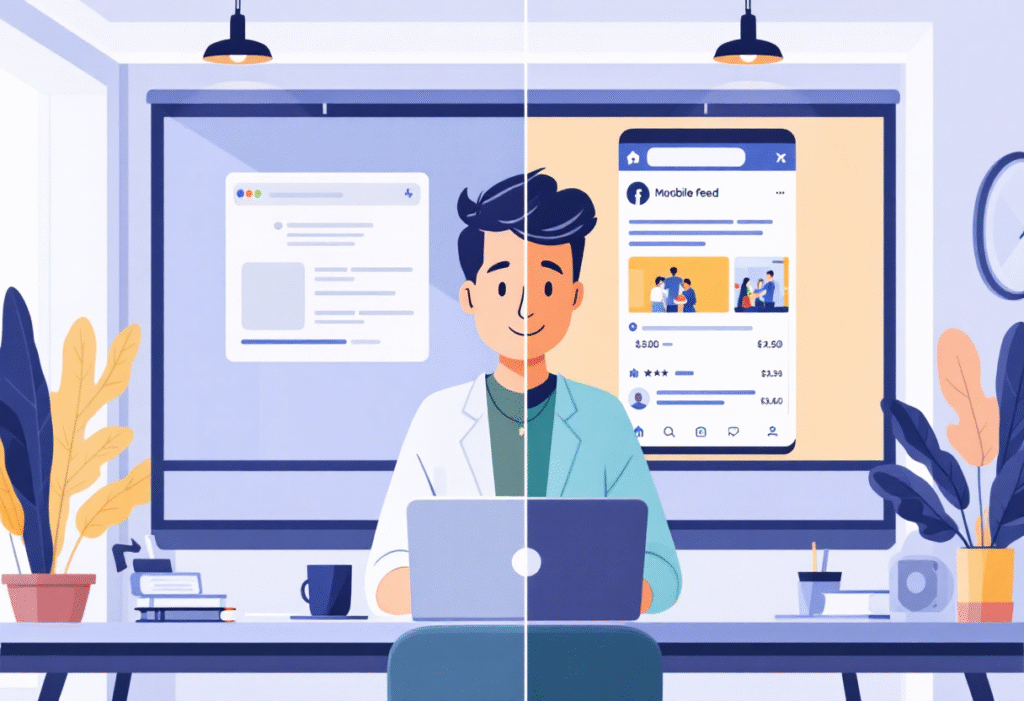
Which Platform For Your Goal
Goal 1: Book More Appointments This Week
Choose Google Ads with call extensions and a booking page. Bid on bottom-funnel keywords like “near me,” “cost,” and “best.”
Goal 2: Fill The Top Of Your Funnel
Choose Facebook Ads with a lead magnet such as a checklist or coupon. Nurture sign-ups by email. Not sure what to offer? See Email List Building for Small Business.
Goal 3: Promote An Event Or Seasonal Sale
Run Facebook Ads for reach and add Google Ads on brand and product terms so searchers find you instantly.
Goal 4: Rank Better Over Time
Ads will not replace SEO, but they support it by driving traffic that engages and converts. Pair your ad plan with a content cadence following How Often Should You Post Blogs for SEO.
A Simple Budget Framework
Start small, then scale what works.
Allocate 60 percent to the platform aligned to your main goal this month.
Allocate 30 percent to the secondary platform for retargeting and support.
Keep 10 percent for testing new audiences, creatives, and keywords.
Example: If you need sales this week, put 60 percent into Google search, 30 percent into Facebook retargeting of site visitors, and 10 percent into testing new social creatives.
Must-Have Tracking For Both
Google Analytics 4 with conversions set up
UTM links on every ad
Call tracking for phone leads
Lead form integrations that push contacts into your CRM or email tool
Testing is easier when your content also performs organically. For traffic that snowballs, read How to Create Shareable Content That Brings Traffic and Local Hashtags for Small Business Marketing.

Creative That Converts
For Google Ads
Use responsive search ads with variations
Mirror the keyword in the headline and H1
Send visitors to a single-purpose landing page with one clear call to action
For Facebook Ads
Lead with a strong hook in the first second of video
Add subtitles for sound-off viewing
Use benefit-focused copy and a short call to action
Real-World Mini Scenarios
Home cleaning company: Google wins on “same day house cleaning.” Add Facebook retargeting to bring back visitors who read your pricing page.
Boutique bakery: Facebook wins with mouthwatering video and a limited-time offer. Add Google for brand terms when people search your name after seeing the ad.
HVAC contractor: Google wins on emergency repairs. Facebook builds off-season tune-up demand and grows reviews and referrals.
For more ideas on paid and organic balance, check How to Make Viral Content for Small Business.
Common Mistakes To Avoid
Sending all traffic to the home page instead of a focused landing page
Skipping negative keywords in Google Ads
Running broad Facebook audiences without retargeting
Ignoring creative fatigue and letting results slide
Not following up quickly on form fills and calls
The Bottom Line
For google ads vs facebook ads small business campaigns, think strategy first. Use Google to capture buyers with intent and Facebook to create demand and nurture relationships. Most small businesses grow faster with a smart combo of both, backed by clean tracking, strong creative, and a website that converts.
Ready to choose the right mix for your budget and market? Book a free strategy call with Digital Dream Homes and let’s build a plan that turns clicks into customers.
Matt Pieczarka
Other Posts About Google Ads You’ll Find Useful…
- Google Analytics For Small Business Owners: Your Secret Weapon
- Retargeting Ads For Small Business That Win More Clients
- Google Ads Budget For Small Business: The Simple Math That Works
- 9 Reasons Small Business Should Hire a Google Ads Agency
- Google Ads ROI Tracking For Small Business That Actually Works
- Google Ads Copywriting Tips Small Business Owners Can Use Today
- 12 Small Business Google Ads Mistakes to Avoid
- Best Google Ads Keywords for Small Business That Actually Convert
- How to Set Up Google Ads for Small Business Step-By-Step
- Google Ads vs Facebook Ads Small Business Showdown
9 Functional Medicine Local SEO Wins That Fill Your Calendar
9 Functional Medicine Local SEO Wins That Fill Your Calendar Watch the video to learn the best SEO technique to get the most traffic to your website! Want More Clients Fast?
7 Functional Medicine SEO Company Checks That Bring More Patients
7 Functional Medicine SEO Company Checks That Bring More Patients Watch the video to learn how to use your website to get qualified leads and more patients! Works for every
7 Functional Medicine SEO Services That Bring More Patients
7 Functional Medicine SEO Services That Bring More Patients Watch the video to learn how to structure your website for the maximum conversions. Works for every industry! Wan
5 Functional Medicine Website Consulting Tweaks That Get More Patients
5 Functional Medicine Website Consulting Tweaks That Get More Patients Watch the video to learn how to structure your website for the maximum conversions. Works for every industry!
7 Functional Medicine Website Redesign Signs You’re Losing Patients
7 Functional Medicine Website Redesign Signs You’re Losing Patients Watch the video to learn how to structure your website for the maximum conversions. Works for every industry!
7 Functional Medicine Website Support Wins That Grow Your Practice
7 Functional Medicine Website Support Wins That Grow Your Practice Watch the video to learn the exact layout to maximize your lead conversions on your website! Works with any indus
7 Integrative Medicine Website Design Services That Win Patients
7 Integrative Medicine Website Design Services That Win Patients Watch the video to learn how to craft your homepage for maximum trust and boost conversions for more leads and sale
7 Holistic Doctor Website Design Secrets That Book Clients
7 Holistic Doctor Website Design Secrets That Book Clients Watch the video to learn the exact layout to boost leads and sales on your website! https://youtu.be/XaEbNPZxi0U?si=AZP_g
9 Functional Medicine Web Design Agency Benefits for Clinics
9 Functional Medicine Web Design Agency Benefits for Clinics Watch the video to learn how to craft the perfect homepage layout to boost trust and sales! https://youtu.be/XaEbNPZxi0



